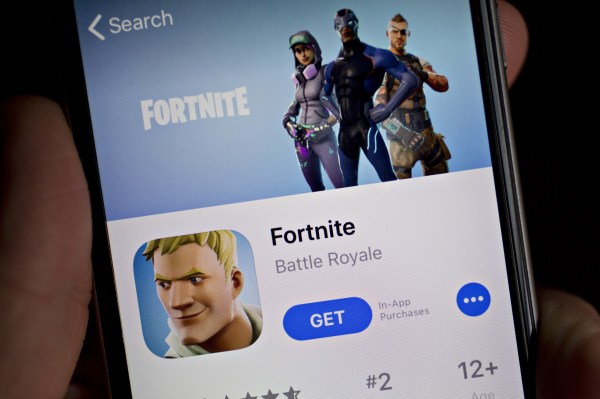A federal judge declared last month that Apple was not a monopolist when issuing the court’s decision on California’s Epic Games v. Apple case. But the one area where Apple lost ground was in what sort of rules it can make for its own App Store. On this point, the judge sided with Epic Games, saying that Apple can no longer prohibit developers from pointing to other means of payment beyond Apple’s own payment systems. Now, Apple is appealing that decision and asking for a stay on the injunction the judge had put into place. The move could delay any sort of changes to the App Store’s rules until a final decision is made after the appeals case has been decided.
Apple had been ordered to update its App Store policies to stop prohibiting developers from including external links and other calls to action inside their apps that could direct customers to other purchasing mechanisms in addition to in-app purchasing. Apple could also not stop developers from communicating with customers through points of contact they obtained voluntarily from customers through their app’s registration, the injunction said.
This is in line with other settlements Apple has recently made both inside and outside the U.S., including one with a Japanese regulator which changed its policy for “reader apps,” allowing them to add a link to their website inside their apps. South Korea also passed a bill that will prevent Apple and Google from forcing developers to use their in-app billing systems. And in a recent class-action settlement with developers in the U.S., Apple clarified that developers could use communications, like emails, to share information about alternative payment methods with their iOS customers.
In the Epic Games ruling, however, Apple was required to put into place the new rules within 90 days of the court’s decision on September 10, 2021. Some in the market were already moving forward to capitalize on that potential change. For example, Paddle, a solutions provider for subscription businesses, announced somewhat prematurely it would introduce a new in-app purchasing system aimed at iOS developers that would allow a drop-in replacement to Apple’s own as soon as the injunction went into effect.
If Apple wins the stay, the early December deadline to comply with the injunction will be discarded as the appeals case is argued in court. That means there could be no changes for App Store developers for many months to come.
Apple won nearly every point in the Epic Games battle except for this one minor point related to its “anti-steering” rules. But Apple was going to be forced to return to court anyway, due to Epic’s appeal.
Despite winning the ability to add links to alternative payment methods, Epic Games was unsatisfied with the court’s original decision, which declared that Apple’s success was “not illegal.” It had filed an appeal of its own back in mid-September, with the hope of convincing the appeals court that Apple was acting as a monopolist.
The battle between the two tech giants continues to wage outside the courtroom, as well. Last week, Epic Games CEO Tim Sweeney pointed out, via a post on Twitter, how Apple was using its platform to market its own apps to customers within the iPhone’s Settings screen — effectively an ad slot that third-party competitors didn’t have access to, he said. The company declined to say if it would bring up this point in a later trial, however.
